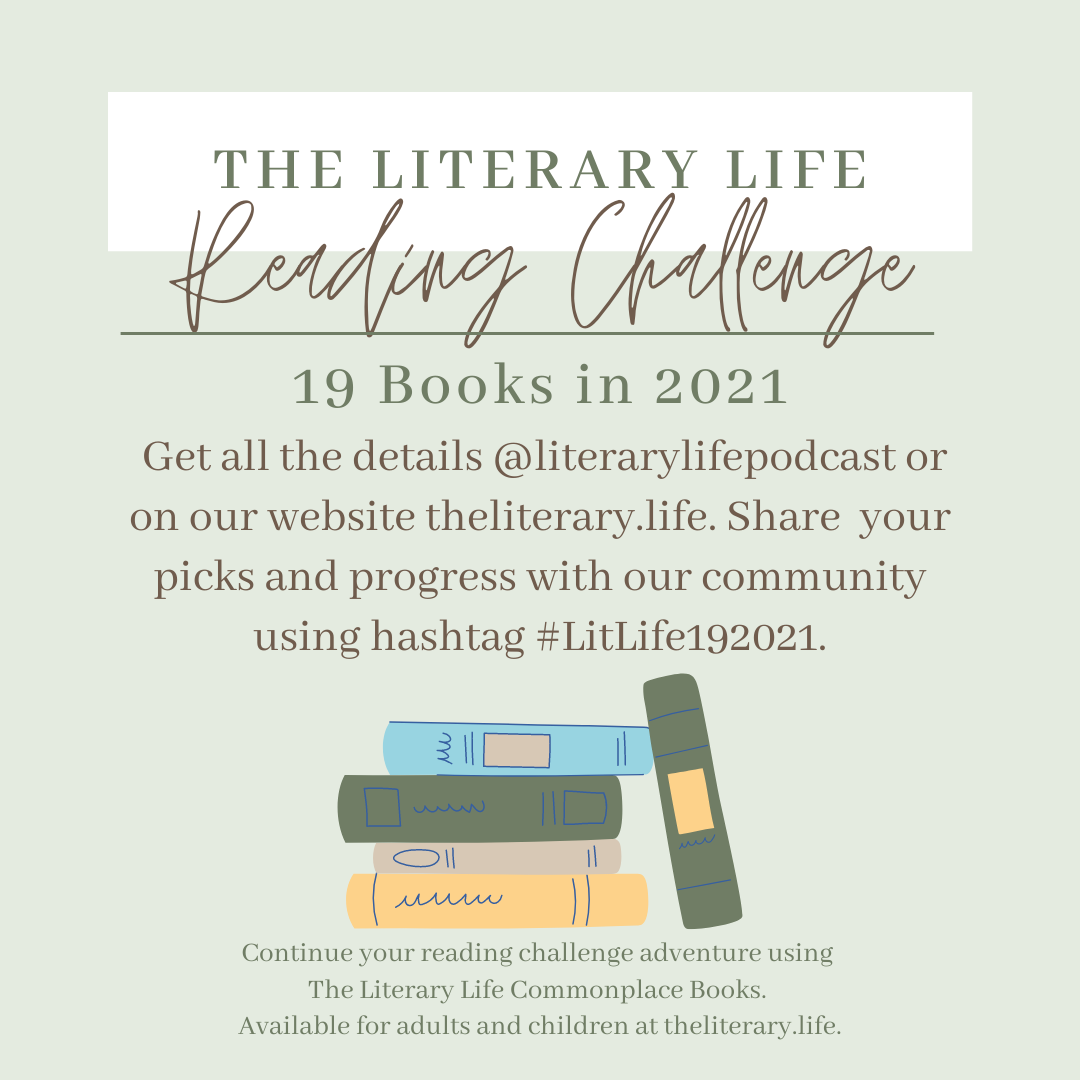 A Circle of Quiet (Crosswicks Journals #1). Madeleine L'Engle. Seabury Press (1971). 246 pages. Genre: Non-fiction, Memoir.
A Circle of Quiet (Crosswicks Journals #1). Madeleine L'Engle. Seabury Press (1971). 246 pages. Genre: Non-fiction, Memoir.
First Line: "We are four generations under one roof this summer, from infant Charlotte to almost-ninety Great-grandmother."
Summary: These writings are taken from the author's journals about the early days of her marriage when her children were little. She and her family lived year round at Crosswicks, a big old New England farmhouse. It is about daily life, the author's struggle to fit in time to write, trying to balance the work of a mother and homemaker with attempting to get a book published, and the people who make up the community. It includes reflections on motherhood, writing, the state of the world, and God.
My thoughts: This was my second attempt at reading this book. The first time I tried to read it, I just wasn't in the right frame of mind and couldn't get into it. I decided to give it another try and am so glad I did. It has become one of my favorites reads of 2021.
In these pages we meet the author, who is best know for her book A Wrinkle in Time. We also meet her husband, Hugh Franklin, an actor and their children. Things are not told in a linear fashion like a story would be, rather we get glimpses into their lives combined with reflections on various things. Sometimes quotidian details are included, other times lofty thoughts.
Although this was published in the early 1970's, the actual journals were written in the 1960's. Many of the things she was concerned about are still concerns today and have become even more prevalent. I found it really interesting to get inside a mind living during the 1960's and to see what her concerns were, what she thought about. Of course, I always love all the details of daily life, so journals appeal to me.
There are three more books in the Crosswicks Journals series and I am eager to read them.
Quotes:
"'But what about the mystery writers? They don't make any response to the problems of the world in their stories.' And I cried, 'Oh, but they do!' and cited some of my favorite writers, Josephine Tey, John Dickson Carr, Dorothy Sayers - I could go on and on - and said, 'Think about them. Their mysteries may be nothing but exciting stories on the surface, but there's a definite moral response to the world in every single one of the really good ones."
"The more limited our language is, the more limited we are; the more limited the literature we give to our children, the more limited their capacity to respond, and therefore, in their turn to create. The more our vocabulary is controlled, the less we will be able to think for ourselves. We do think in words, and the fewer words we know, the more restricted our thoughts. As our vocabulary expands, so does our power to think. Try to comprehend an abstract idea without words: we may be able to imagine a turkey dinner. But try something more complicated; try to ask questions, to look for meaning: without words we don't get very far. If we limit and distort language, we limit and distort personality."










 I will be joining
I will be joining